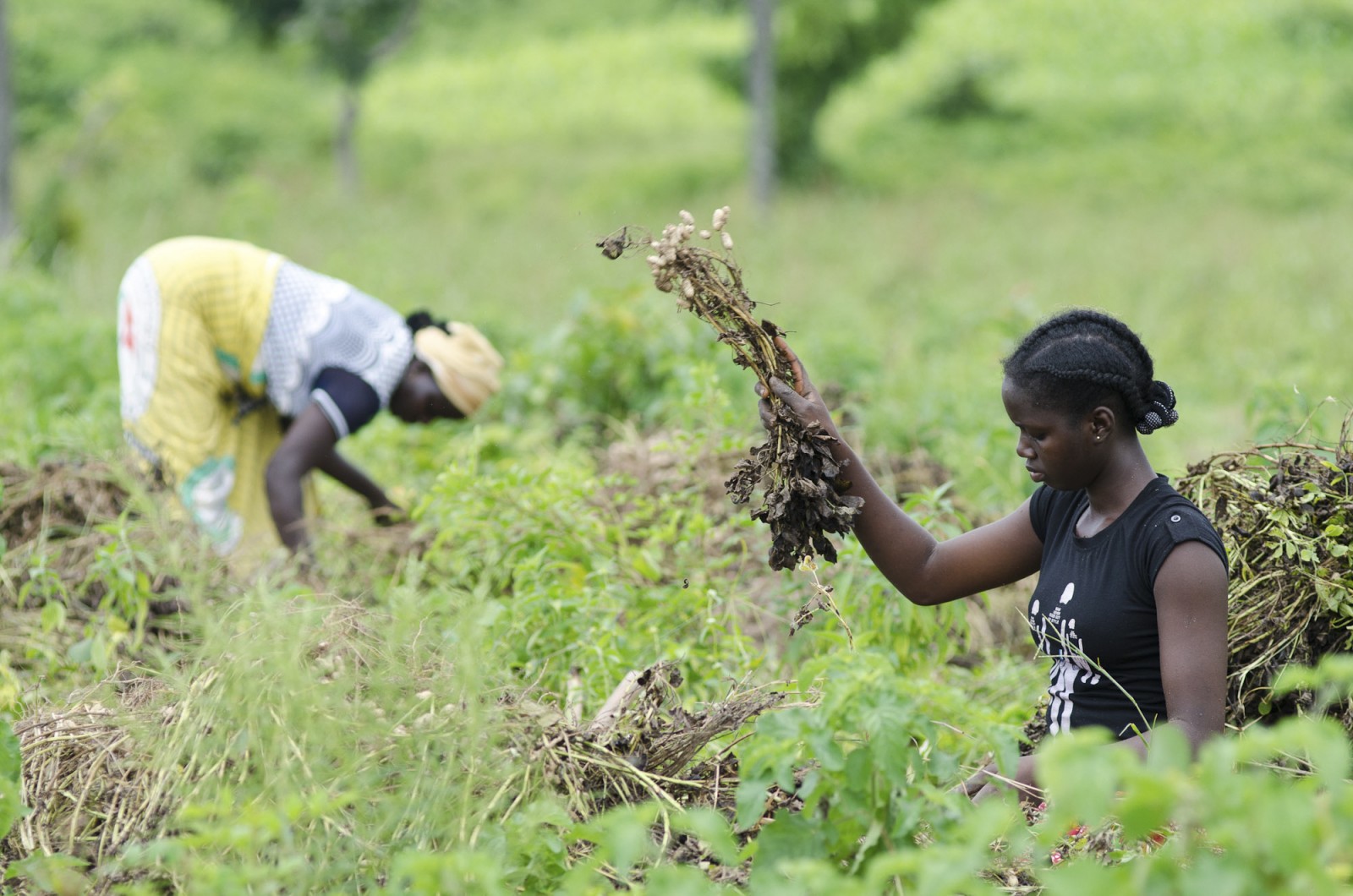As you read this Nigeria is currently the largest economy in Africa after it rebased its gross domestic product GDP. This was done taking into cognizance the growth that has occurred in certain industries that were not there in 1990 the last time this was done. This means that sectoral growths like that witnessed in the telecom sector were not there in 1990. To provide a very simplistic context as at the time the last rebasing was done, there were no retail outlets for mobile phones –the likes of Computer Village, there were no whole sale and retail phone card vendors and the huge market that comes along with it, most importantly the massive investment in the sector by Telcos and the attendant profit from the sector was not there in 1990.
This economic exercise has also taken into consideration the massive ingenious growth that has taking place in the informal sector as trite as it may sound, there is more money exchanging hands in traffic snarls today than we had in 1990.
One other sector that readers can relate to is that of Nollywood and its multiplier effect on the economy, week in week out, thousands of films are churned out, there has been a massive investment in filming equipment, in cinemas, in retailing home videos, ventures like Iroko TV that allows Africans in the diaspora to stream movies for a fee have also come into existence. Thus this huge market has sprung up with its base in the Nollywood industry; this has catapulted the industry to a 9 Trillion Naira industry. This too was not there in 1990, when the last rebasing of the GDP was not done.
However, what was there in 1990 and still is there today, albeit in greater numbers is the poor Nigerian to whom rebasing the GDP means nothing. The tribe of poor people in Nigeria has experienced growing numbers in droves since then through the middle 90s today to make up more than half of Nigeria’s population. Thus the growth has remained insular, affecting only a tiny percentage of the upper-class and denying the generality of Nigerians the growth the economy has said to be enjoying.
The coordinating Minister of the Economy Dr. Ngozi Okonjo Iweala is not unmindful of the misgivings of Nigeria’s poor as regards the new status of the economy, she reiterated much when she said though Nigeria might be 26th by GDP size it was 121st globally by per capita income. The latter shows that there is a huge disconnect somewhere.
With its attendant youth bulge and the dwindling of opportunities by day, the rebasing will mean little to millions of young people under 35 who make up the bulk of the population. Amongst them are graduates, amongst them are unskilled and unlearned individuals all striving for a sense of belonging. No greater illustration than the recent hundreds of thousands of young job seekers who besieged stadiums around the country to write Nigerian Immigration Service entry exams in which 21 people lost their lives in a stampede while trying to write entrant exams in which available slots were less than 6,000. The latter shows how endemic the lack of jobs and opportunities has become in Nigeria.
More telling is the near total collapse of education and health sectors in Nigeria, for the quality of life enjoyed by citizens has a direct correlation to their health sector, the same cannot be said about Nigerians as they besieged general hospitals around the country in search of medical care from ill motivated medical personnel equally faced with ill equipped hospitals. Public education from Primary to tertiary has become a shadow of its self since the last rebasing of the GDP in 1990, today we are witnessing a the sustainable collapse of primary school education in several states of the federation, where basic furniture are lacking, where there are no teachers to teach pupils and students, today we have become witnesses to the grand failures of our children and wards in the exit examinations either at the primary school level or at the secondary school stage.
What then does rebasing the GDP mean to the Nigerian on the street? Nothing. What does it mean to the garment maker in Aba, whose business continues to be affected by contraband garments imported into the country? What does rebasing the economy mean to the farmer in Duguri village of Bauchi who cannot afford to treat the snake bites that bedevils his community? Or the farmer in Benue state who has no insurance against rampaging floods or the border town of Wawa in Niger State who are sometimes forgotten by government, what does rebasing Nigeria’s GDP mean to all these people.
There’s the multitude of the urban poor living in some of the world’s worse slums -contending with equally poor health and education facilities, bad road networks, multiple taxation, poor power supply and under employment just to name a few. We have rebased our GDP, now is the time to rebase this endemic poverty. There has never been a greater time in history to reduce Nigeria’s 112 million poor people than now.
Alkasim Abdulkadir is a multi-media journalist, he has worked as a Producer for BBC Media Action and as a news contributor for CNN, Aljazeera, France 24 and Guardian UK. He is Contributing Editor at The Trent.
The opinions expressed in this article are solely those of the author.







